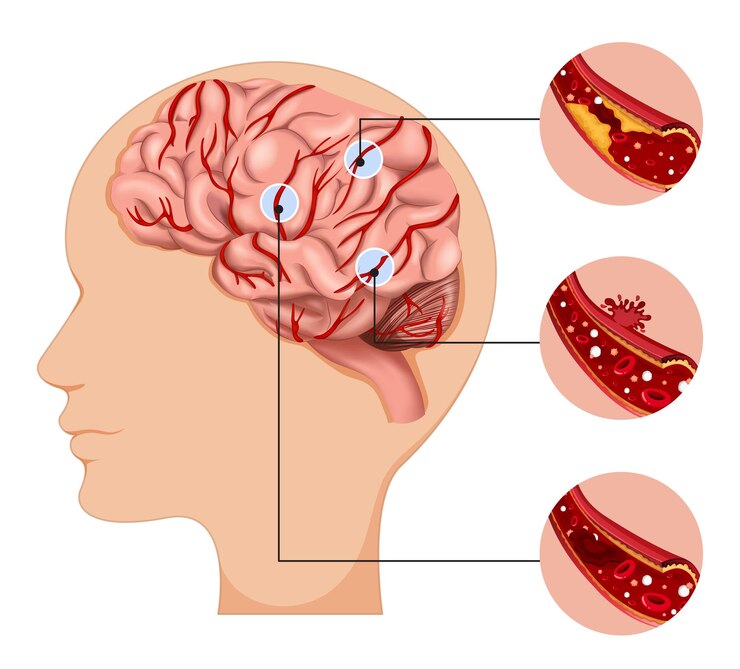Chronic pain syndromes are characterized by persistent pain that lasts for weeks, months, or even years. Unlike acute pain, which serves as a warning signal for injury, chronic pain often persists beyond the initial injury or arises without an obvious cause. Decoding the science behind chronic pain involves examining the intricate interactions between biological, neurological, and psychological factors.
Biological Aspects of Chronic Pain
-
Inflammation and Immune Response:
-
Chronic pain is often associated with ongoing inflammation and an overactive immune response. Inflammatory cytokines and other immune mediators can sensitize nerve endings, leading to prolonged pain signals. Conditions like rheumatoid arthritis and fibromyalgia are prime examples of how inflammation contributes to chronic pain.
-
Nerve Damage and Neuropathy:
-
Nerve damage or neuropathy is a common cause of chronic pain. When nerves are damaged, they can send incorrect pain signals to the brain. Diabetic neuropathy, postherpetic neuralgia, and sciatica are conditions where nerve damage plays a key role in chronic pain.
Neurological Aspects of Chronic Pain
-
Central Sensitization:
-
Central sensitization refers to the phenomenon where the central nervous system (CNS) becomes hyperresponsive to stimuli. This heightened sensitivity results in an amplified perception of pain. Research indicates that changes in the spinal cord and brain contribute to central sensitization, making even normal stimuli feel painful.
-
Neurotransmitter Imbalance:
-
Neurotransmitters like serotonin, norepinephrine, and glutamate play critical roles in pain modulation. Imbalances in these chemicals can exacerbate pain perception. Medications that alter neurotransmitter levels, such as antidepressants and anticonvulsants, are often used to manage chronic pain.
Psychological Aspects of Chronic Pain
-
Emotional and Cognitive Factors:
-
Psychological factors such as stress, anxiety, and depression can influence the experience of chronic pain. The brain’s perception of pain is closely linked to emotional and cognitive states. Cognitive-behavioral therapy (CBT) and other psychological interventions are effective in addressing the emotional aspects of chronic pain.
-
Pain Catastrophizing:
-
Pain catastrophizing is a psychological condition where individuals focus on and magnify their pain, feeling helpless and unable to cope. This mindset can intensify the perception of pain and lead to a vicious cycle of increased pain and emotional distress.
Contributing Factors to Chronic Pain
-
Genetic Predisposition:
-
Genetics can play a role in an individual’s susceptibility to chronic pain. Certain genetic variations can affect pain sensitivity, inflammation, and response to pain medications.
-
Lifestyle and Environmental Factors:
-
Factors such as poor diet, lack of exercise, and exposure to toxins can contribute to the development and persistence of chronic pain. Lifestyle modifications, including a healthy diet and regular physical activity, can help manage chronic pain.
Current Scientific Approaches to Managing Chronic Pain
-
Medications:
-
Analgesics and Anti-Inflammatories: Commonly used to manage pain and reduce inflammation.
-
Antidepressants and Anticonvulsants: Used for their pain-modulating effects.
-
Opioids: Prescribed for severe pain but with caution due to the risk of addiction and side effects.
-
-
Physical Therapy and Rehabilitation:
-
Exercise and physical therapy can help improve mobility, strength, and pain levels. Techniques such as stretching, strengthening, and aerobic exercises are tailored to individual needs.
-
Psychological Therapies:
-
Cognitive-Behavioral Therapy (CBT): Helps manage the emotional aspects of chronic pain.
-
Mindfulness and Meditation: Techniques that can reduce stress and improve pain coping strategies.
-
-
Alternative and Complementary Therapies:
-
Acupuncture: May help reduce pain by stimulating specific points on the body.
-
Chiropractic Care: Focuses on spinal alignment and pain relief.
-
Herbal and Nutritional Supplements: Used to support overall health and reduce inflammation.
-
Chronic pain syndromes are complex and multifaceted, involving biological, neurological, and psychological components. Understanding the science behind chronic pain can help in developing effective management strategies. By addressing the underlying mechanisms and contributing factors, healthcare providers can offer comprehensive care that improves the quality of life for individuals living with chronic pain.




